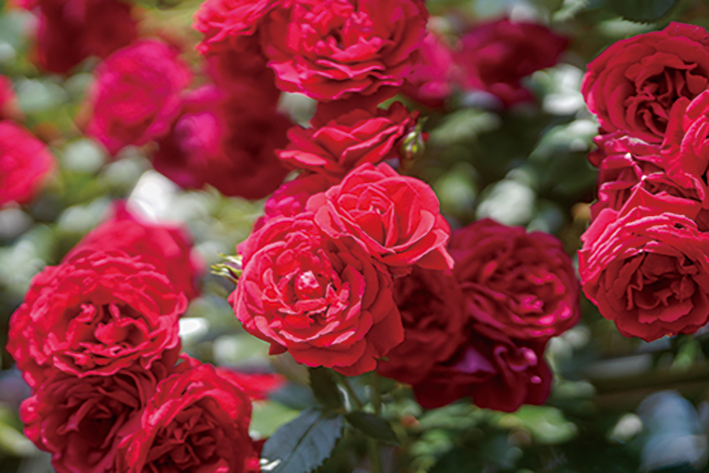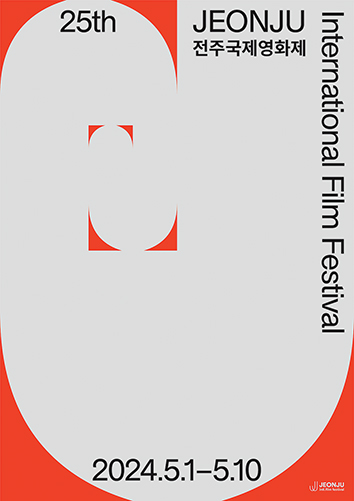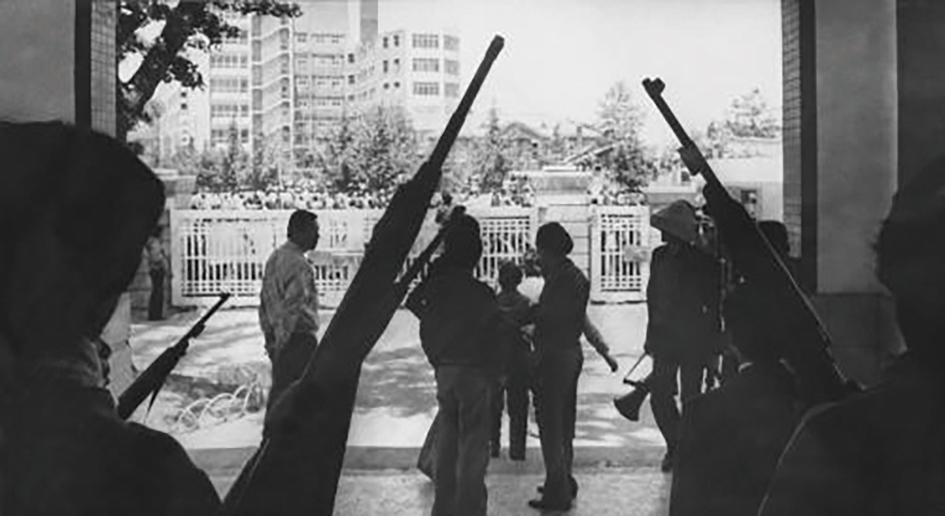Ramadan Reflections Observing the Holy Month in GwangjuRamadan Reflections
By Kidest Tefera Wondimu & Yousra Feriel Drioua
Being the little international hub that it is, Gwangju has a relatively big Muslim community ranging from international students to working expats. Last month, Muslims in the City of Light, as well as millions across the world, celebrated the Holy month of Ramadan. Common knowledge states that Ramadan is one of the holiest months in Islam and that Muslims fast from dawn to sunset. But what most fail to know is that Ramadan is so much more than simply abstaining from sustenance. It is considered one of the holiest months because it was during this time that the Holy Quran was revealed to the Prophet Mohammed, peace be upon him. Muslims therefore, aim to cleanse their souls throughout Ramadan by dedicating themselves to prayer, helping others, and studying the Quran. It is a time for spiritual growth and reflection, increased clarity, and deep contemplation of faith. Muslims need not only watch their tongues and gaze but, most importantly, their hearts.
Here in Gwangju, a thriving Muslim community shines. Witnessing the dedication, passion, and devotion of Muslim friends during this month has deeply moved us. Their experiences have inspired us to share a glimpse of how a day in Ramadan is usually spent. As international students, celebrating Ramadan abroad presents unique challenges. Back home, they had reminders like the calls to prayer, or adhan, filling the air, bustling bazaars, and Halal restaurants rejuvenating the spirit during iftar, the breaking of the fast. However, in Korea, the adhan was absent, opting for a search for time schedules on the internet and relying on their close-knit community. These small details highlighted the stark contrast between the familiar comfort they once knew and the foreignness of their new surroundings. Here, isolation can be overwhelming at times. While balancing studies with other commitments was manageable, preparing for and breaking the fast alone in their dorm rooms took a toll. As such, Ramadan abroad became a journey of self-reliance and a chance for a deeper appreciation for their strong sense of community back home and the one they’ve created here.
Their days usually go as follows. They have suhoor at around four-thirty to five o’clock in the morning before doing the fajr prayer. Suhoor is equivalent to a breakfast meal Muslims have before beginning their fast. Although the times tend to alter according to the sun’s positioning, they kick off their morning routine before the crack of dawn. Utilizing several Islamic apps, they keep track of prayer times, ensuring that they start their day right. Their Suhoor meals are simple yet filling and always accompanied by the ever-present dates; a significant item in Islamic tradition due to their mention in the Quran and the teachings of the Prophet; peace be upon him.
Around eight-thirty in the morning, they go about their day, blending study sessions with spiritual reflection through reading the Quran. Balancing academic commitments and religious duties presents challenges, but they set goals for themselves, aiming to surpass their previous Ramadan achievements. The time for the second prayer, or zuhr, is after twelve-thirty, and despite their busy days, they make sure to find the time to perform the prayer. They ensure that they carry their portable praying mats and find places to pray anywhere they can make do. For instance, they quickly run back to their dorms or houses, prayer rooms, if available at all, empty classrooms, or vacant stairwells.
Heads up for Muslim readers from Chonnam National University! A little birdie told us that the seventh floor of Jinri-gwan (진리관) is notoriously empty and convenient for prayers. The third prayer, or asr, is performed around four in the afternoon, and the maghrib, or fourth prayer, marks the breaking of their fast at around six-thirty. With their daily obligations met, they prepare for iftar. Surprisingly, breaking their fast is much less of a challenge than one would expect from someone who has fasted all day. Iftar also looks different to each person; whereas some have Iftar gatherings with their Muslim community friends, those who live at home do so with their families, and some in their dorm rooms. Their day is wrapped up by performing the isha prayer at around eight in the evening. Afterward, they reflect on the day’s blessings and eagerly anticipate the rest of the sacred month. Besides the mandatory five daily prayers, a core practice in Ramadan is to gather for an optional night prayer called taraweeh. This prayer is considered the essence of Ramadan. It is a most enjoyable religious practice, as it is customary to tag along with friends and family to pray at a mosque together, which in turn instills a profound feeling of community and unity.
Last but not least, it is mandatory for those who are financially independent and capable, to give zakat; which is a form of alms-giving at the end of Ramadan. The month officially concludes with the celebration of Eid. This year’s Eid celebration fell on April 10, which was a beautiful, warm spring day. Eid celebrates efforts of spiritual reflection, religious practice, and fasting during the holy month. Muslims get to wear lovely festive outfits, draw beautiful henna on their hands, and enjoy various desserts. Most importantly, they get to celebrate together, making sure that no one feels left behind. They do so by celebrating with strangers, sharing with the less fortunate, and spreading love and warmth on the occasion.
No matter where they are, Muslims find solace in celebrating Ramadan and Eid. Being together and forming communities, in big or small numbers, becomes a source of strength. It is truly a time for spiritual healing and reflection. Greed, anger, and envy are some of the hardest emotions to control and heaviest to carry, yet the easiest ones to cause damage. Whereas contentment, gratitude, and tranquility are the hardest to attain yet can tame storms. Ramadan serves as a reminder to reflect on such Islamic teachings.
The Authors
Kidest Tefera Wondimu, an MBA student at Chonnam National University, has resided in Gwangju for a year and a half. Hailing from Ethiopia, she delves into literature, cultural exploration, and sociology, passionately immersing herself in Korean culture’s societal intricacies. Instagram: @qidest_
Yousra Feriel Drioua is a 24-year-old Algerian GKS scholar currently residing in South Korea and majoring in media communication and journalism. As she figures out her calling in life, she is mostly interested in writing, coffee, and media. She enjoys intriguing conversations, meeting new people, and being an active community member. Instagram: @myyigli







